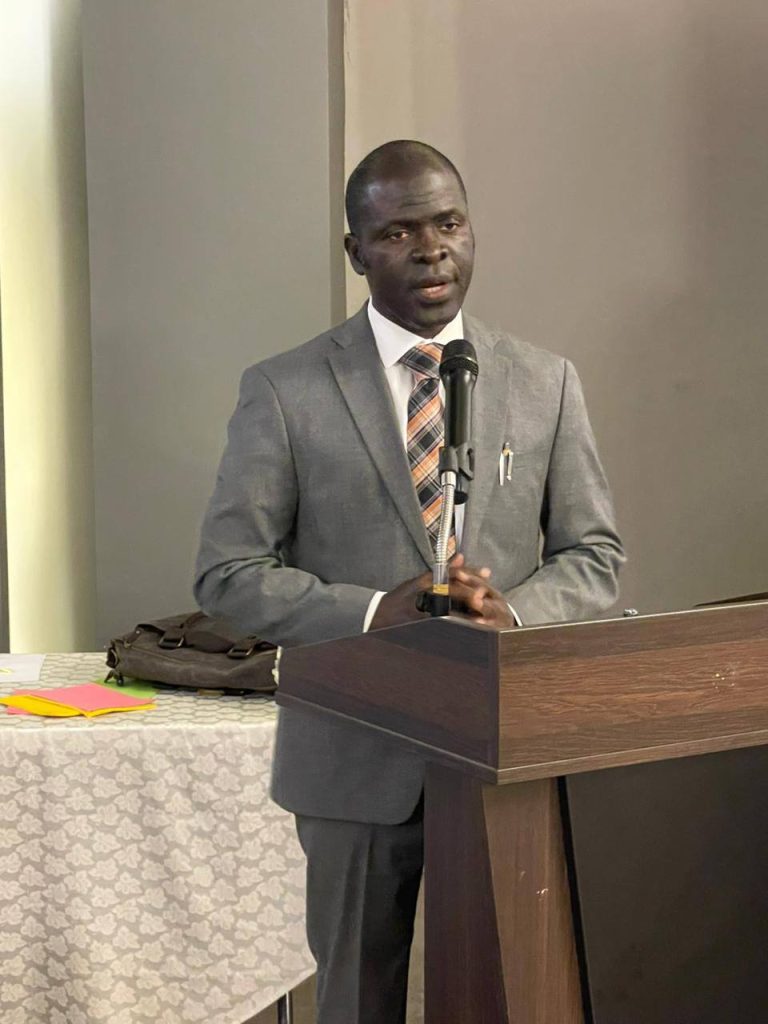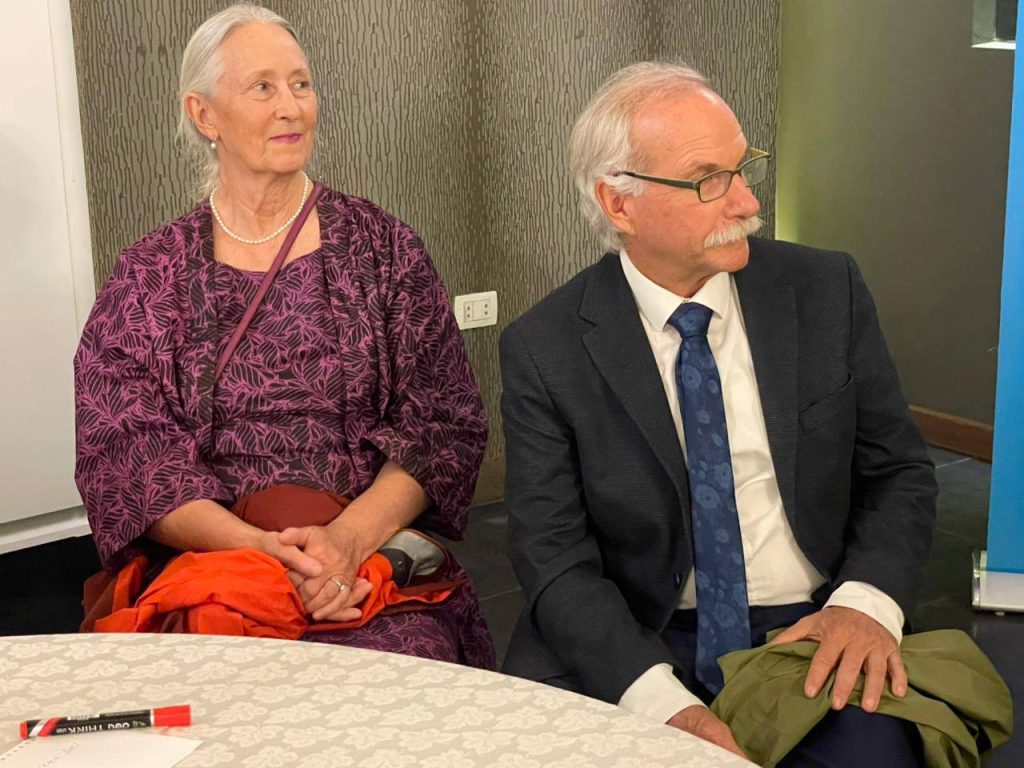Posts Categories
Latest Posts

Monrovia, Liberia – July 24, 2025 – Dr. Emmanuel K. Urey Yarkpawolo, Executive Director of the Environmental Protection Agency (EPA) of Liberia, has called for the urgent integration of Water, Sanitation, and Hygiene (WASH) into the country’s climate change response framework, describing it as “not optional—but imperative.”
Dr. Yarkpawolo made the passionate appeal on Wednesday during the closing session of a high-level national workshop focused on Liberia’s WASH Climate Rationale and Action Plan. The workshop, held in Monrovia, brought together key actors from government, civil society, development partners, the private sector, and academia to strengthen the role of WASH in the country’s updated Nationally Determined Contributions (NDC) 3.0.
“WASH is foundational to public health, economic growth, gender equity, and climate resilience,” Dr. Yarkpawolo stated. “Yet, climate change is already undermining these critical systems, particularly for our coastal, rural, and lowland communities. For many, this isn’t theory—it’s a daily struggle.”
The EPA Executive Director cited the growing threats of rising temperatures, erratic rainfall, sea-level rise, and frequent flooding, which have led to water contamination and weakened sanitation infrastructure. These challenges, he said, are increasing the spread of preventable diseases such as cholera, typhoid, and diarrhea.
Dr. Yarkpawolo praised the workshop for fostering a nationally responsive WASH Climate Rationale that aligns with Liberia’s broader climate goals. He outlined four major pillars of the new plan:
Embedding WASH in climate adaptation and mitigation strategies;
Mobilizing climate finance for resilient WASH systems;
Strengthening NDC 3.0 with concrete WASH targets and indicators; and
Promoting collaboration across health, environment, disaster risk, and WASH sectors.
He stressed that updating the country’s NDCs must go beyond ambition to reflect accountability and justice. “No child should drink polluted water. No mother should walk for hours just to find a bucket of water. And no school should lack a safe, dignified toilet,” he emphasized.
Dr. Yarkpawolo also extended appreciation to key partners, including UNICEF, WHO, WaterAid, and the National WASH Commission, for their unwavering support and leadership in Liberia’s climate and development journey.
“As we close this workshop, let us ensure that this WASH Climate Rationale becomes more than a policy document—it must be our collective blueprint for building a Liberia that is healthier, safer, and more climate-resilient,” he concluded.
The workshop marked a critical step forward in Liberia’s efforts to localize climate solutions, particularly in sectors that directly impact vulnerable populations.

